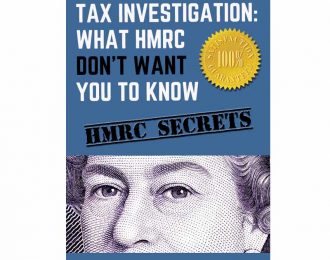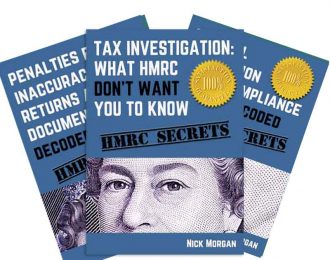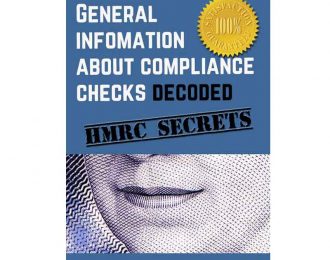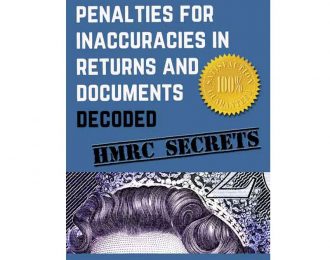Can I Read HMRC’s Manuals?
Yes. HMRC’s own manuals are a mouse click away: the Enquiry Manual is online here; these are HMRC’s instructions for their own tax investigators, they are made available to the public to prevent excessive FOI requests.

Parts of the manual are censored, but the bulk is well worth a read. Click here to see the manual.
HMRC also publish the Compliance Handbook online, which covers all the powers HMRC have scooped up (the 2007 – 2011 Finance Acts). You can see it here.
If you get a taste for reading this kind of thing full list of other manuals is here.
These really are manuals and they can be a very dull (and technical) read but some contain fabulous pieces of information and it’s well worth persevering.
This is interesting, EM2001 – Working an Enquiry: Reviewing Earlier Years: Introduction states, “It is not effective use of your time to be pursuing cases involving small amounts into earlier years. If the person has no assets and has ceased trading with no prospect of income, there is no point in creating a debt which can never be paid. ” I bet that there are quite a few investigators who have forgotten that line!
Here is a quote from their training manual, ‘When opening the enquiry you should do no more than seek the evidence on which you can reach an objective judgement’. They are also told, ‘You should… adopt a neutral [approach when] opening in enquiries.’
Most people being investigated do not feel that that they have been approached in a neutral and objective way.
The very useful ESC A19 flowchart from yesterday’s post was also taken from the guidebook – though it has since been redacted.
If you can quote chapter and verse from these publication you will almost certainly know more about HMRC’s rules than the person who is investigating you.
And that’s a very powerful tool.








